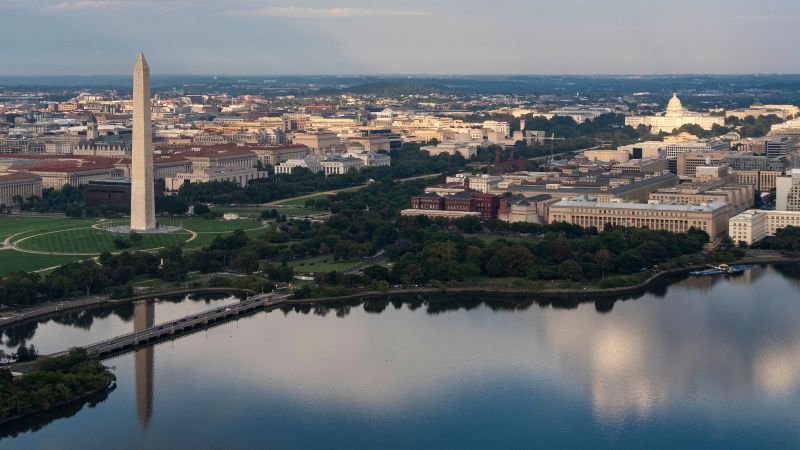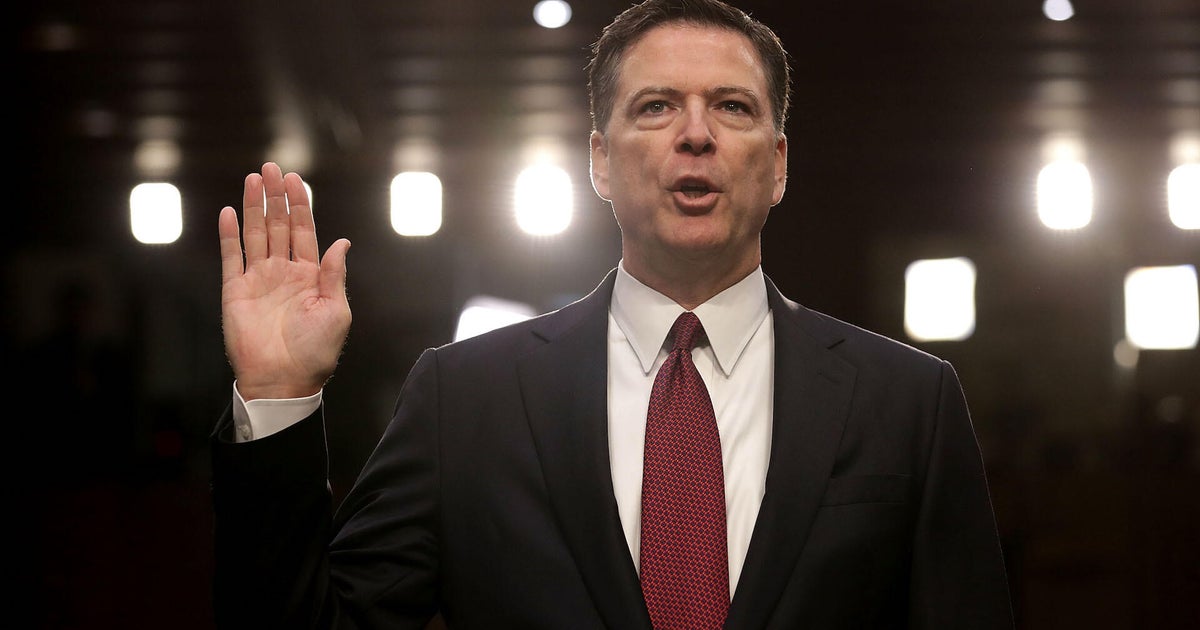House Republicans Plan to Rewrite the History of Jan. 6

How House Republicans Plan to Rewrite the History of Jan. 6
House Republicans are initiating a new panel aimed at reassessing the events of January 6, 2021, seeking to challenge the established narrative of that day’s Capitol attack. This GOP-led effort could reopen political and social divisions by offering an alternative interpretation of the violence and its causes. By revisiting testimony and evidence gathered by previous bipartisan investigations, the panel may attempt to frame the events in a way more favorable to conservative perspectives.
Political Implications and Public Reaction
The formation of this committee reflects ongoing partisan tensions surrounding January 6, as Republicans push back against what they view as a one-sided account. Critics warn this could deepen national wounds and undermine consensus on the attack’s seriousness. The effort underscores the broader struggle over historical memory and political legitimacy in Washington, with potential impacts on future policymaking and public trust.
The Stakes for Democracy
As the GOP-led panel moves forward, its findings may reshape how Americans understand one of the most violent days in recent history. The process highlights the challenges of balancing political interests with an objective recounting of facts crucial to democratic accountability and national unity.
About the Organizations Mentioned
House Republicans
The **House Republicans** refer to the Republican caucus within the United States House of Representatives, currently holding a slim majority in the 119th Congress beginning in 2025. This group functions as the primary organizational body for Republican members in the House, coordinating legislative strategy, party messaging, and leadership elections[4][9]. Historically, the House Republican Conference has been a major force shaping U.S. policy and governance since the party’s founding in the mid-19th century. It provides a platform for collective decision-making and policy development among Republicans in the House. The Speaker of the House, currently Mike Johnson (LA), is the most senior Republican leader and presides over House proceedings, sets the legislative agenda, and serves as the party’s chief spokesperson[2][4]. The Majority Leader (Steve Scalise), Majority Whip (Tom Emmer), and other leadership roles manage daily legislative operations, party discipline, and coordinate votes[4][5]. In terms of **key achievements**, House Republicans have historically influenced major legislation on taxation, deregulation, defense, and judicial appointments. Their agenda in 2025 focuses on reversing policies from the previous administration, emphasizing conservative priorities such as economic growth, national security, and limiting government intervention[7][6]. The current status of the House Republican majority is notably narrow, with just 219 seats out of 435, the smallest margin since 1931. This slim majority demands strong party unity and strategic negotiation to pass legislation and maintain control. Speaker Johnson’s election required every Republican vote except one, illustrating the fragile balance within the caucus[1][3][6]. The party’s leadership includes new and returning figures tasked with navigating this delicate legislative environment while working closely with the executive branch under President Donald Trump’s administration[5][7]. Notable aspects of the House Republicans include their tight internal cohesion, strategic focus on legislative priorities aligned with conservative principles, and their adaptation to a highly divided House, which impacts how they engage
















